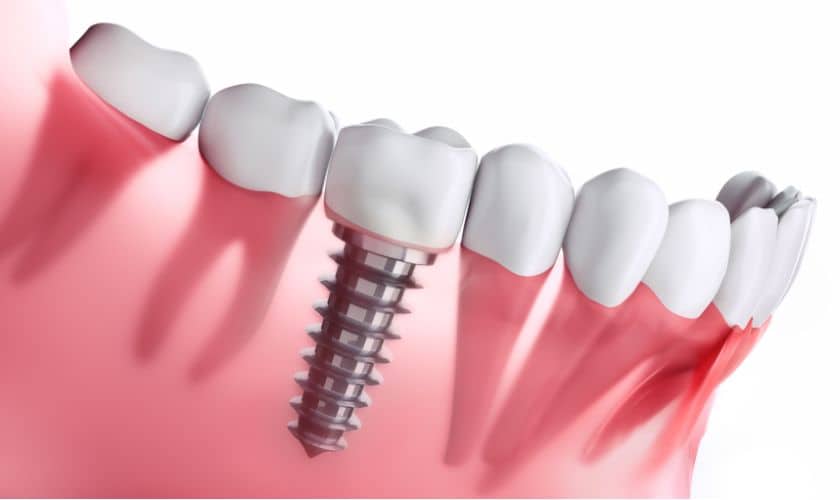Dental implants have become increasingly popular over the years as a long-term solution for replacing missing teeth. They offer numerous benefits, including improved oral health, restored functionality, and enhanced aesthetics. However, before undergoing the procedure, there are several important factors to consider, ensuring a successful outcome and optimal oral health. In this blog post, we’ll discuss what you need to know before getting dental implants.
1. Consultation with a Dental Professional
Before proceeding with dental implant surgery, it’s crucial to schedule a consultation with a qualified dental professional, such as a periodontist or oral surgeon. During this consultation, the dentist will evaluate your oral health, assess the condition of your jawbone and gums, and determine whether you are a suitable candidate for dental implants. They will also discuss your treatment options, expectations, and any potential risks or complications associated with the procedure.
2. Dental Implant Procedure
The dental implant procedure typically involves several stages and may require multiple appointments over several months. It begins with the placement of the dental implant, which is a small titanium screw that is surgically inserted into the jawbone. This serves as a replacement for the tooth root and provides a stable foundation for the artificial tooth (crown) to be attached later.
3. Jawbone Health and Bone Grafting
The success of dental implants depends on the health and density of the jawbone to support the implants. In some cases where the jawbone is not sufficiently dense or has deteriorated due to tooth loss, bone grafting may be necessary to augment the bone volume and provide adequate support for the implants. Your dentist will evaluate your jawbone health and determine whether bone grafting is needed before proceeding with the implant surgery.
4. Healing and Osseointegration
After the dental implant is placed, a process called osseointegration occurs, during which the implant fuses with the surrounding bone tissue. This process is crucial for the stability and long-term success of the implant. It typically takes several months for osseointegration to complete, during which time the implant site heals and the implant becomes firmly integrated into the jawbone.
5. Maintenance and Oral Care
Once the dental implant has been successfully placed and restored with an artificial tooth (crown), it’s important to maintain good oral hygiene to ensure its longevity. This includes brushing and flossing regularly, as well as scheduling routine dental check-ups and professional cleanings. Additionally, avoiding habits such as smoking and excessive alcohol consumption can help prevent complications and promote the long-term success of the implants.
Dental implants are an excellent option for replacing missing teeth and restoring oral health and function. However, it’s essential to be well-informed and prepared before undergoing the procedure. By consulting with a qualified dental professional, understanding the various aspects of the implant process, and maintaining good oral hygiene, you can enjoy the benefits of dental implants for years to come. Remember to discuss any concerns or questions you may have with your dentist to ensure a successful and satisfying outcome.









